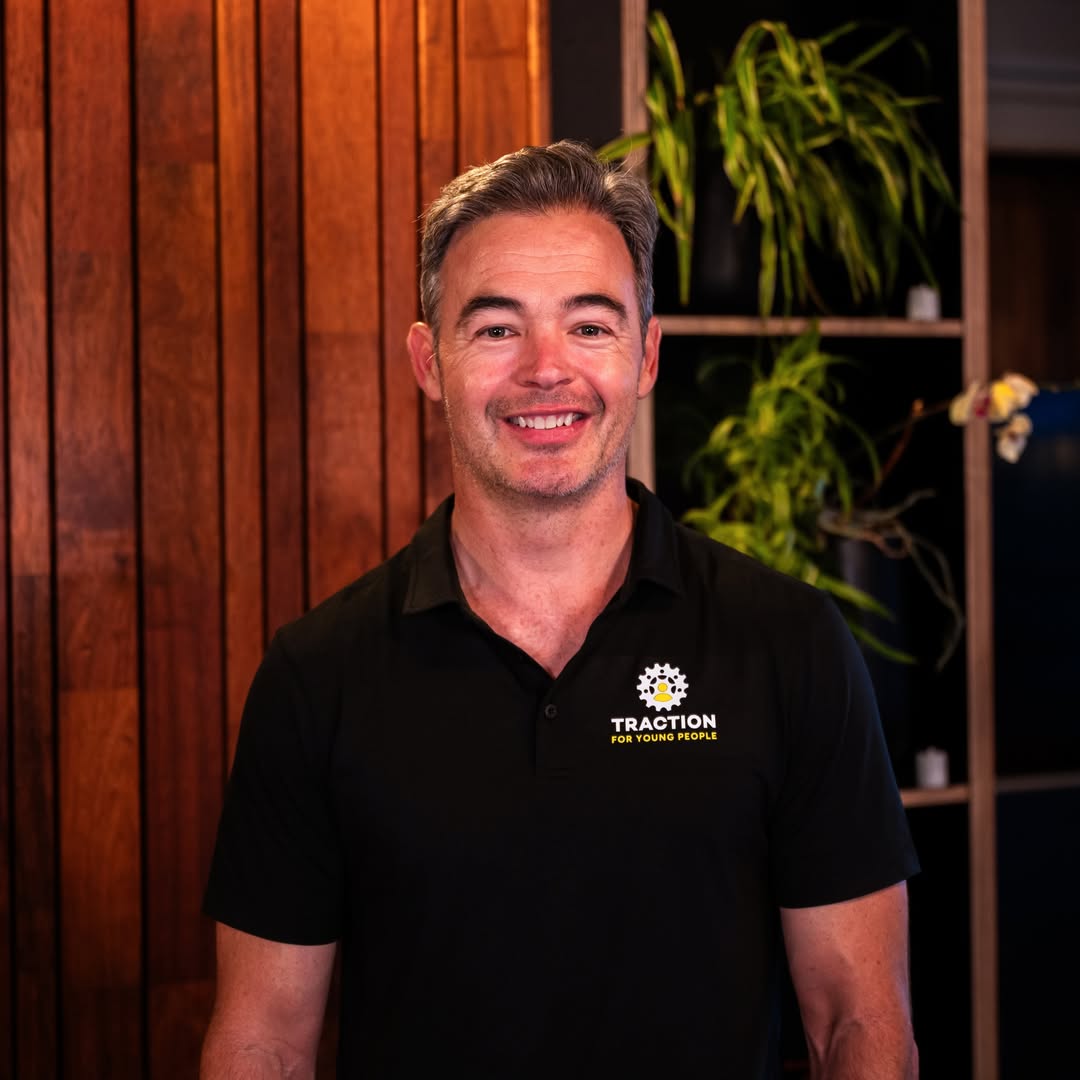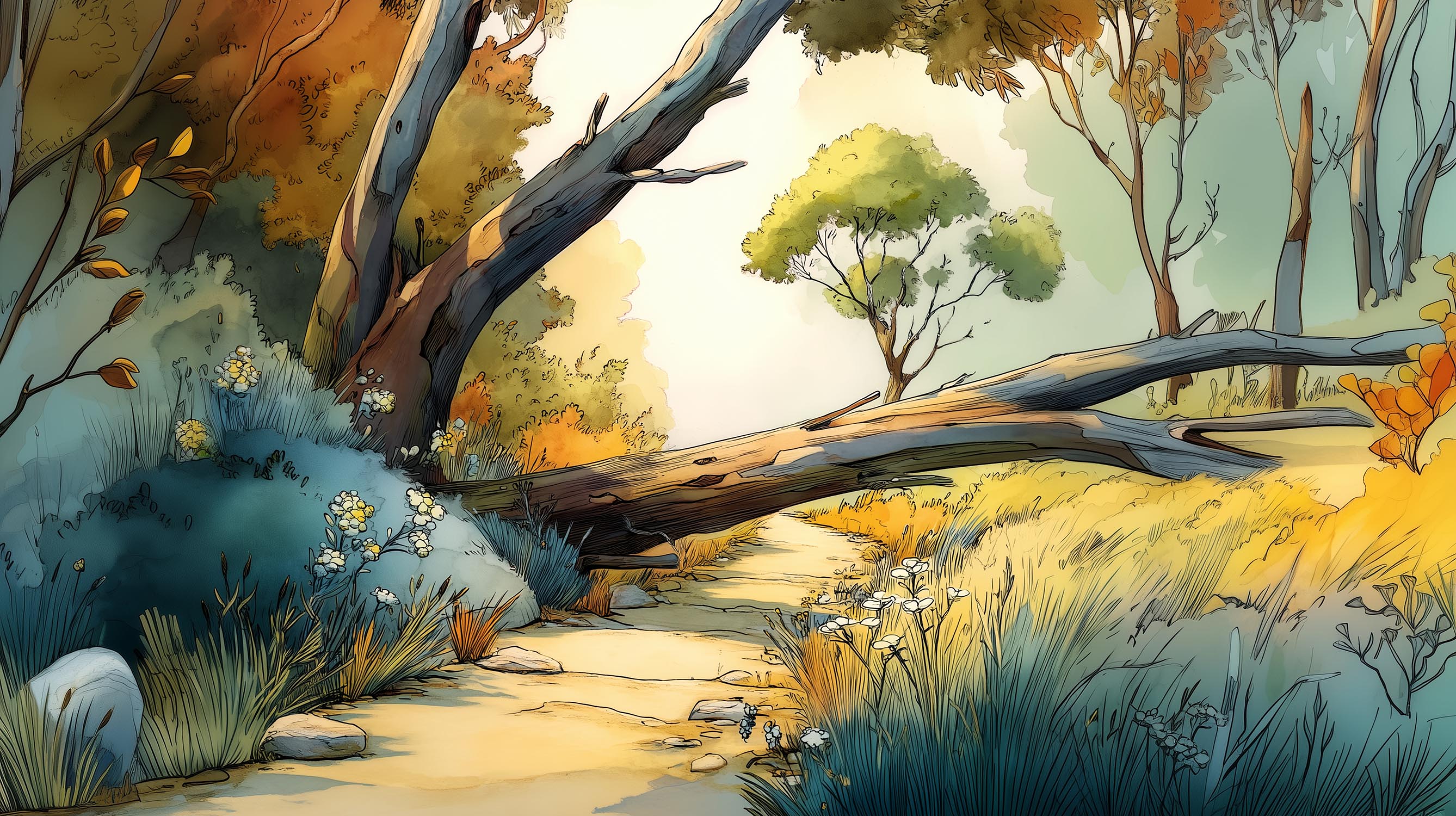You’ve seen it scrolling through your phone. Flood relief. Mental health. Cancer research. Wildlife rescue. Each one urgent. Each one deserving. And yet, faced with so many voices, it’s easier to hesitate than to act.
Australians are generous, and there are so many good causes to donate to, but identifying the most impactful avenues for giving can be harder than it should be. Nearly a third of us volunteer and almost half advocate for the causes we care about on social media.
The willingness to give is there, and by nurturing trust and clarity around impact, we can unlock even more potential in this space.
The current landscape of giving
With nearly 60,000 registered charities in Australia doing amazing work, we want to ensure donors know where to begin.
For the everyday donor, the questions pile up quickly:
- What charities are credible?
- Where does the money actually go?
- How do I know if my contribution makes a difference?
As Adam White, Founder of Friendship Tree, explains:
“Donors can become overwhelmed. Donors are often left to figure it out on their own – who’s legit, where the money goes, what difference it actually makes. Collaboration, not competition, is how we’re trying to solve this – by partnering with charities and amplifying their message.”
The deeper truth about generosity
Studies show generosity isn’t just good for the world – it’s good for us. Research from The Greater Good Science Center has found that giving activates the same reward pathways in the brain as food or intimacy, making us feel good and strengthening our drive to do it again.
Their paper links generosity to better mental and physical health, as well as stronger social bonds.
Generosity is, quite literally, part of what makes us human. But when giving feels confusing or untrustworthy, it can make us hesitate.
So why is it harder than it should be?
Donors are often faced with an overwhelming number of choices, varied messaging and limited access to clear, consistent information about impact. This can make it harder to confidently decide where to give, especially when it comes to smaller or lesser-known organisations.
According to the Greater Good Science Center at UC Berkeley, generosity thrives when people can see that their giving matters – when there is “social glue” created by trust, reputation and transparency.
Instead, many people experience what researchers call choice overload.
With thousands of charities vying for our attention, the default response is often paralysis: do nothing, give less or stick to what feels safe rather than what’s most needed.
Adam points to this as a huge drive for the making of Friendship Tree.
“It’s not that people don’t want to give. It’s that they want to know their generosity is landing somewhere real. That it’s not just disappearing into the abyss.”
Proof in giving
This is where Friendship Tree comes in.
Instead of leaving donors to sift through countless options on their own, Friendship Tree does the heavy lifting of evaluating and selecting trustworthy charities.
Donors can feel confident that their contributions are going to credible, impactful partners.
A platform for generosity
For Adam, it all comes back to connection:
“We all have opportunities to help others in life. What matters is whether the connection is right. When it is, we can be more than what we are on our own. Friendship Tree is about creating that connection – between people who want to give and organisations doing the work.”
Friendship Tree isn’t asking people to give more. We’re helping them give with confidence. By removing the uncertainty and overwhelm, we make giving easier, more meaningful and impactful.
Because when trust grows, generosity flows.
Related posts
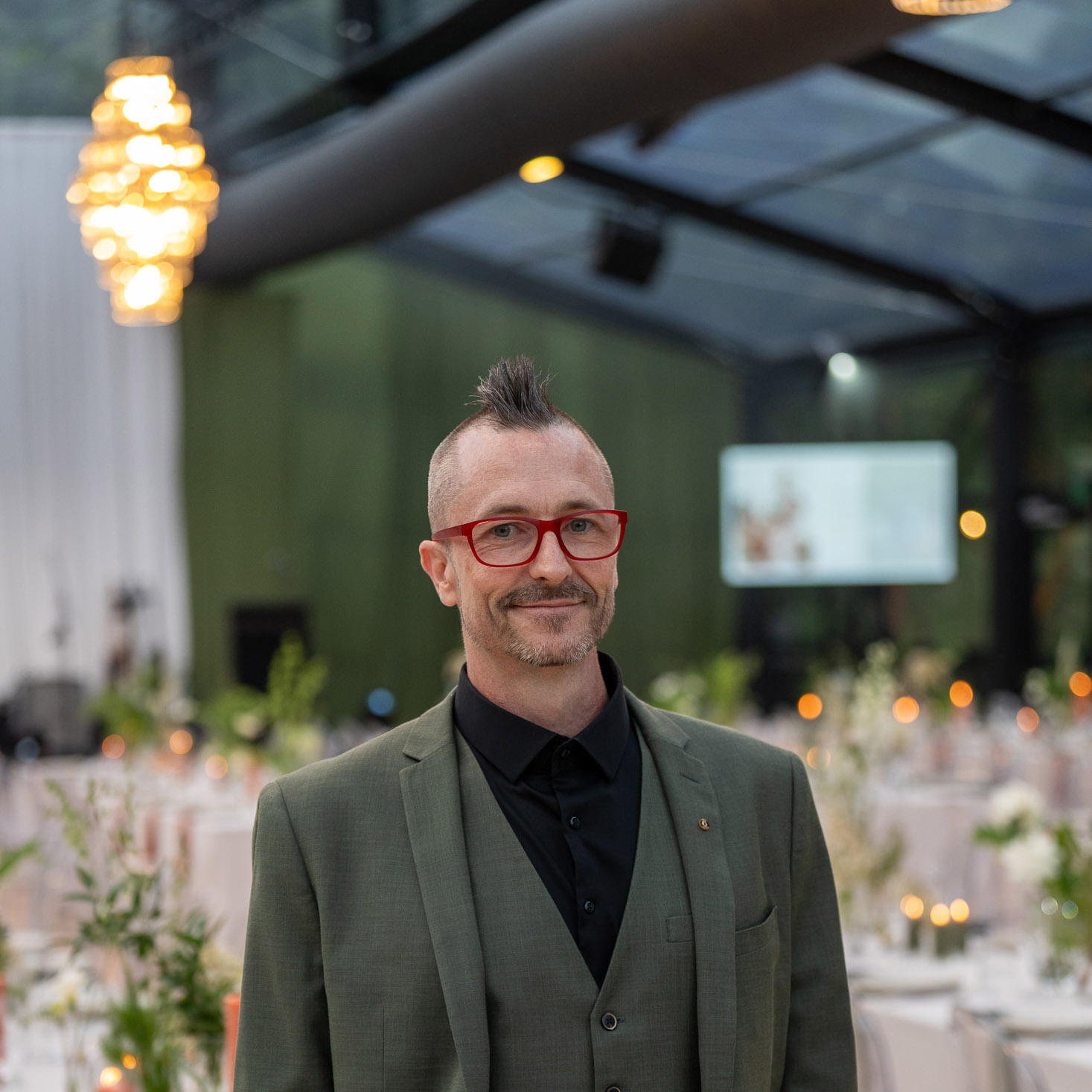
The role of technology in shaping the future of the giving sector

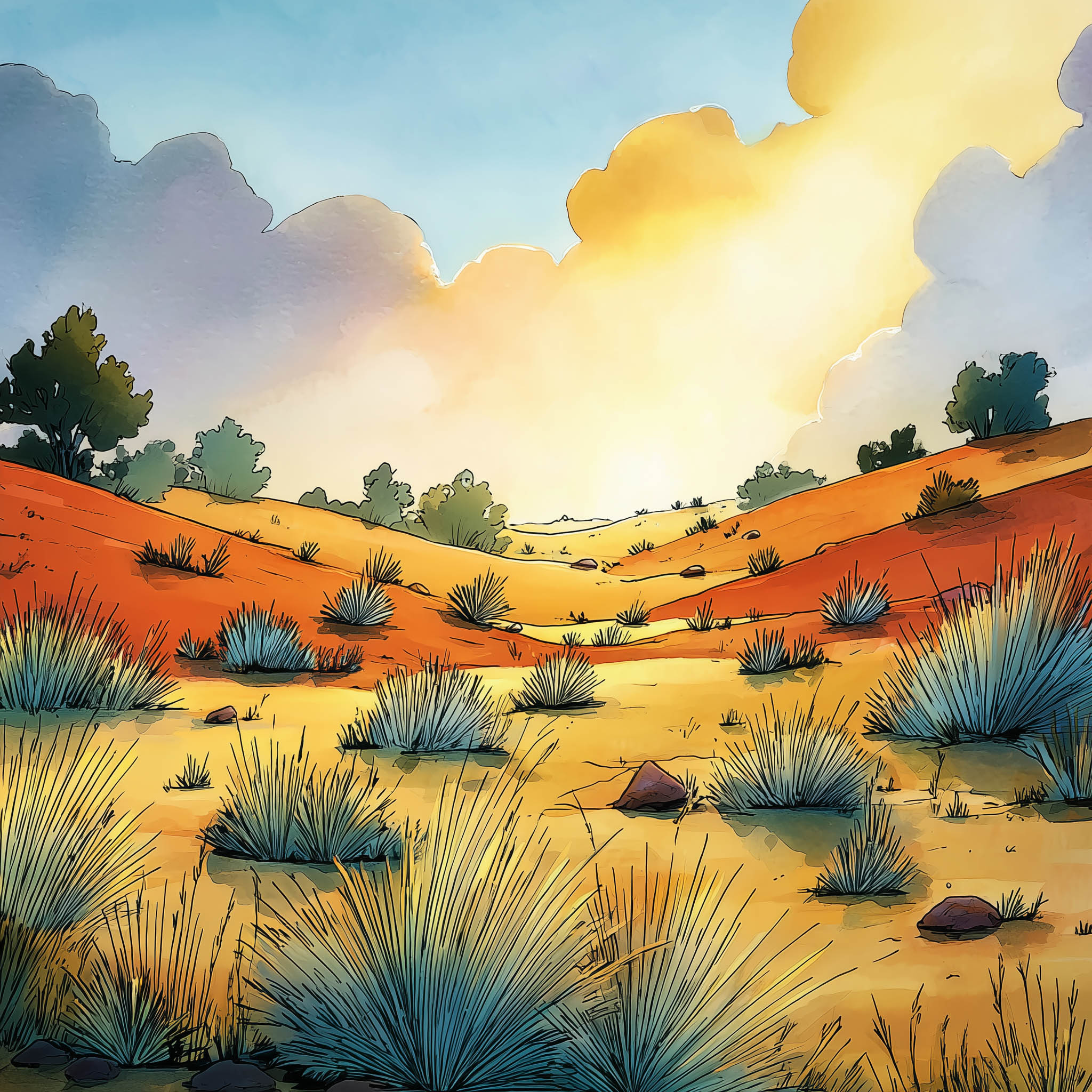
Cost of living meets cost of giving
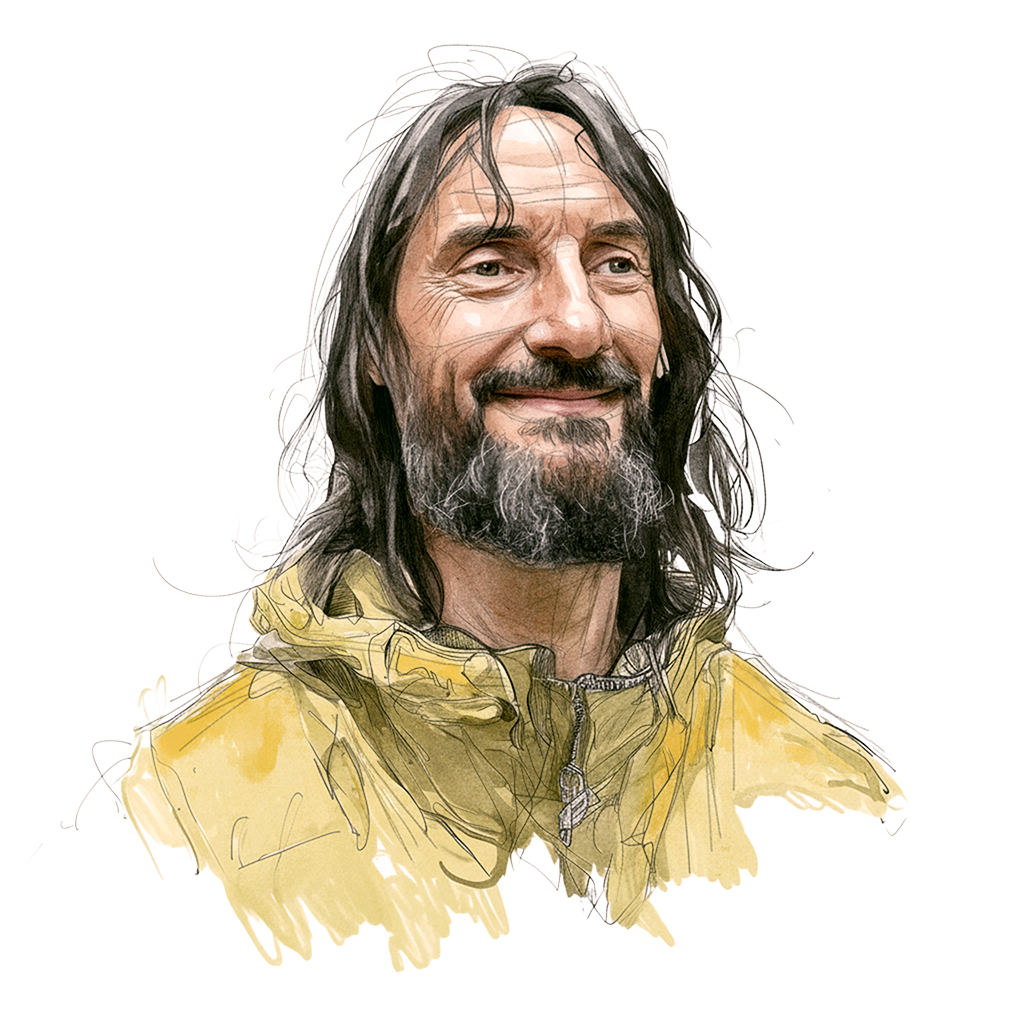
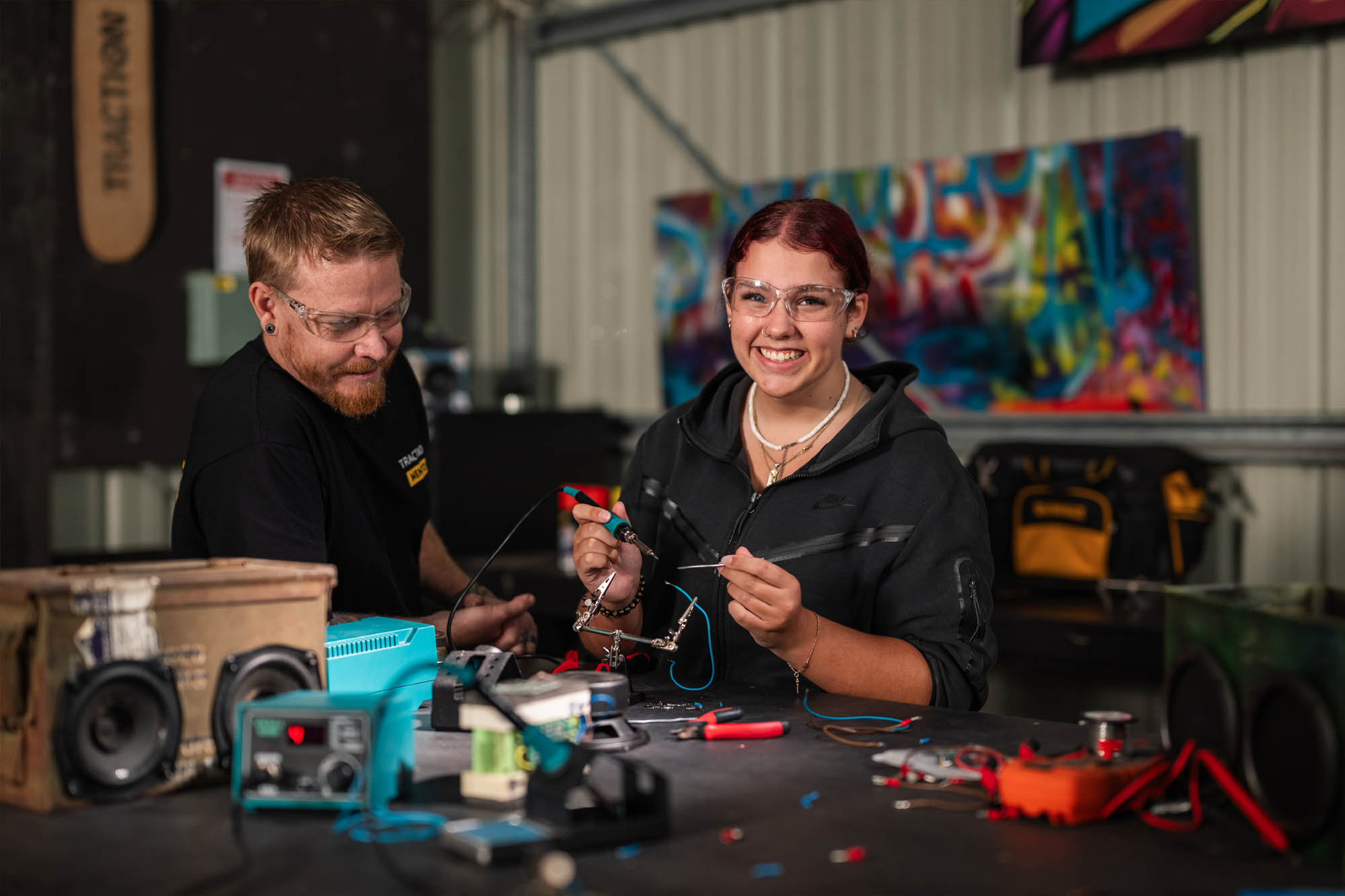
Sparking potential: How TRACTION is changing young lives
